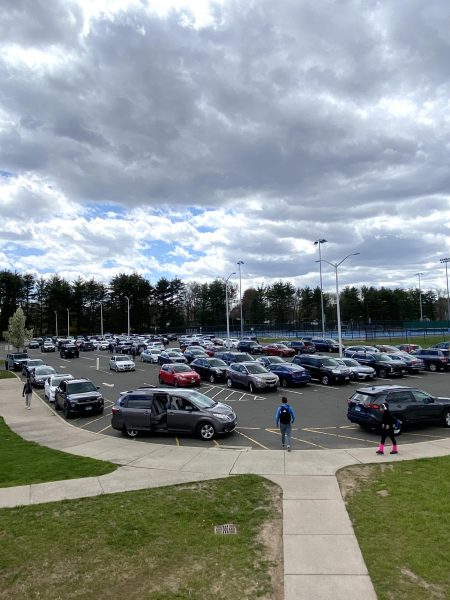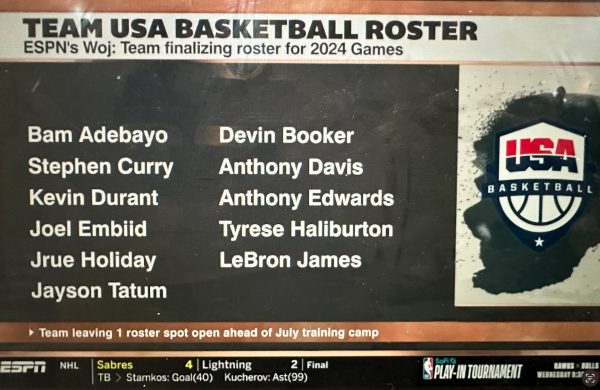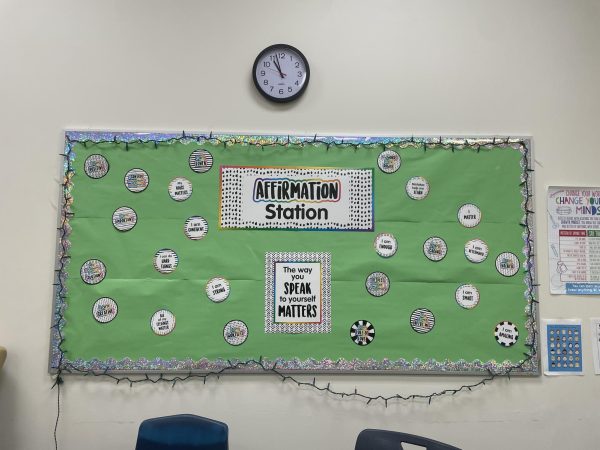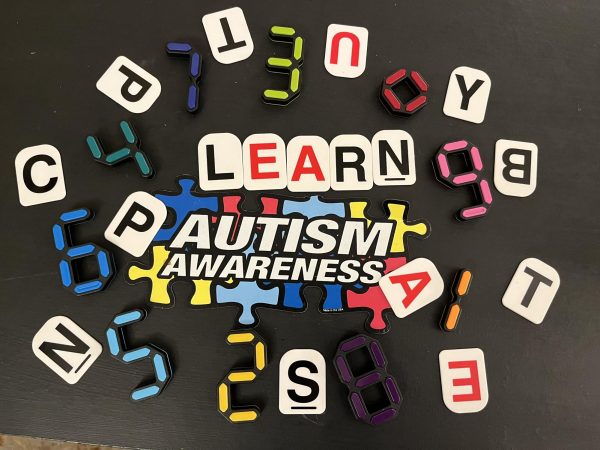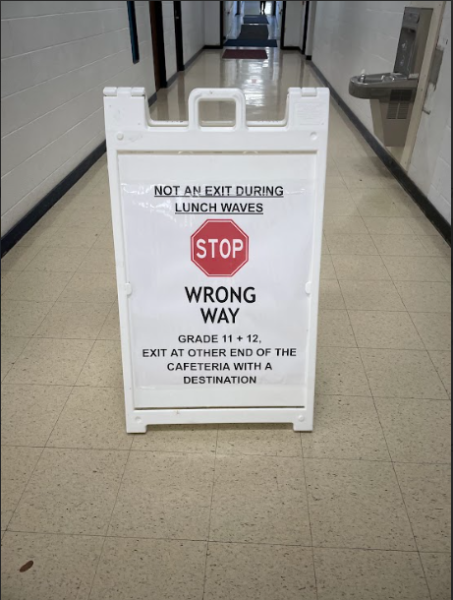Sarah Everard’s Story; and The History Behind it
Trigger Warning: Talks of sexual harassment, assault and violence against women.
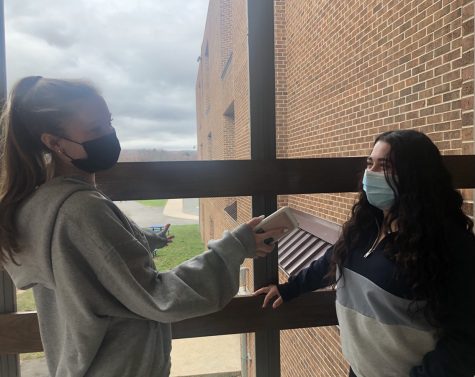
During their lifetime, 1 in 5 women have experienced an attempted or completed rape. Rape survivors are 13 times more likely to attempt suicide than are people who have not been victims of the crime. At Hall High School, boys and girls agree that sexual harassment is a major issue, even here. When asked about the school’s attitude towards sexual assault,a dnwhether it would continue, Marley, a sophomore replied “Yes. Most of the time, boys don’t even really know what they’re doing is harassment, they just think they’re being funny. When the teachers don’t say anything about it, it just makes it okay for them to do it more. It’s ridiculous.” Another sophomore, Owen, responded “Well, uh, I mean I guess it’s because boys are allowed to act like that. Girls are usually scared of boys, and I don’t really know a lot of boys who are scared of girls hurting them. I guess it’s because they don’t think there’s gonna be any consequences for what they’re doing, a girl isn’t gonna walk up to them to punch them in the face if they say something dumb, so they aren’t scared.” March 3, 2021, Sarah Everard, a 33 year old marketing executive went missing in South London. Later the next day she was found dead. A police officer was then charged with her murder days later. Her death has sparked movements across the country.
Sarah was walking home from a friend’s house in South London at around 9 p.m on March 9th. She was taking the safer route on her way home as she called her boyfriend to notify him that she would be home soon. However, she did not return home that night and her body was later found hidden in the woods, where she was pronounced dead. The convicted murderer, Wayne Couzens, a 48 year old police officer serving for the metropolitan police, was convicted of raping and murdering Sarah. Her friends and family deeply grieve for her and remember her as, “..kind and thoughtful, caring and dependable. She always put others first and had the most amazing sense of humour.”
In response to this terrible and tragic event, people have come together in honor of Sarah and held a vigil in the Clapham Common Park in order to pay their respects, including the duchess and prime minister of the UK. Friends, family and people from all over the UK attended this vigil not only in memory, but to also make a statement. The coming together of people from all walks of life, in support of Sarah and the many like her proved that this was not and will not be a forgotten story in the media. Sarah could’ve been anyone, someone’s sister, mother, daughter; she was someone.
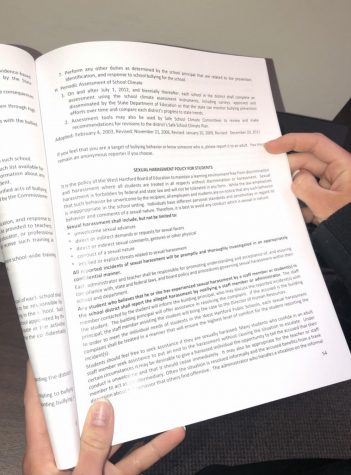
Sexual assault is the most underreported crime, with about 63% of rapes going completely under the rug. 20% of women have experienced some form of rape throughout their lifetime, and many commit suicide following their horrific encounters. Stopping sexual assault at the source is the number one way to stop it from happening at all. Becca Scalise, an assistant coach for girls soccer said, “I think girls/women just need to continue to stand up for themselves”, she said. “ and not brush everything off.” Teaching consent in schools and at home helps children to understand the basics. In Victoria, Australia, consent classes were made mandatory in all public schools; sexual assault reports in Victoria have since dropped to 58% lower than the rest of the country. But what happens when we can’t stop people from assaulting others? Sexual assault is so common in our world that completely eradicating it is nearly impossible. While we can’t prevent all assaults from happening, we can change the way we react to it. Language is one of the most important aspects of behavior, so by shifting the way we talk away from victim blaming, we can help people to understand the real issue at hand. Instead of asking what someone was wearing at the time of the assault, or how much they had to drink, we should instead get them the physical and mental help they need, and reassure them it was in no way their fault. Sarah Everard was one of many, hopefully her story can help to finally make a change.![]()
![]()

